August 25, 2025 | 20:36 GMT +7
August 25, 2025 | 20:36 GMT +7
Hotline: 0913.378.918
August 25, 2025 | 20:36 GMT +7
Hotline: 0913.378.918
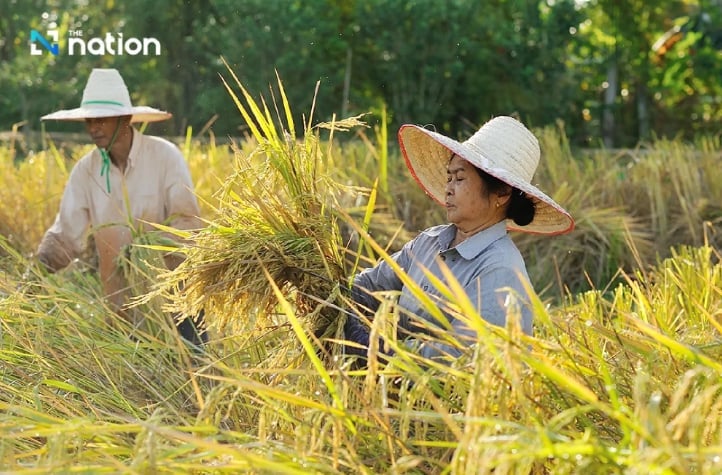
At present, about 80% of Thailand’s off-season rice has already been harvested, while some areas are beginning to plant again. Photo: The Nation.
The move is aimed at clearing storage space for the new harvest season, with the government planning to purchase fresh crops from local farmers.
According to reports, India intends to use the released rice for ethanol production, distribute part of it to the poor, and sell the remainder to international traders in the global market.
Pramote Charoensilp, president of the Thai Agriculturists Association, told Thansettakij that such a move could exert heavy pressure on Thai farmers by driving down domestic prices.
“At present, about 80% of Thailand’s off-season rice has already been harvested, while some areas are beginning to plant again,” he noted.
Thailand’s main-season rice harvest typically begins in mid-October and continues until late December, with further yields expected in January and February 2026 from photoperiod-insensitive varieties. Additional off-season crops are usually harvested in March and April.
However, the association has voiced growing concern over flooding in Ayutthaya, where water has inundated fields that have yet to be harvested. Farmers have been forced to reap crops prematurely to escape rising waters, resulting in lower quality and weaker prices.
The association has urged the Royal Irrigation Department to delay water diversion into paddy fields or pump out excess water where possible, to allow farmers more time to harvest and minimise crop damage.
The Nation
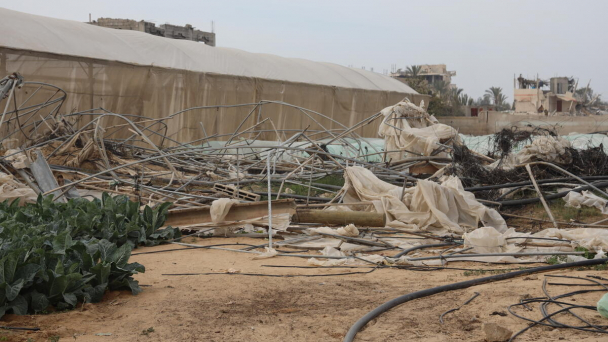
(VAN) FAO, UNICEF, WFP and WHO reiterate call for immediate ceasefire and unhindered humanitarian access to curb deaths from hunger and malnutrition.
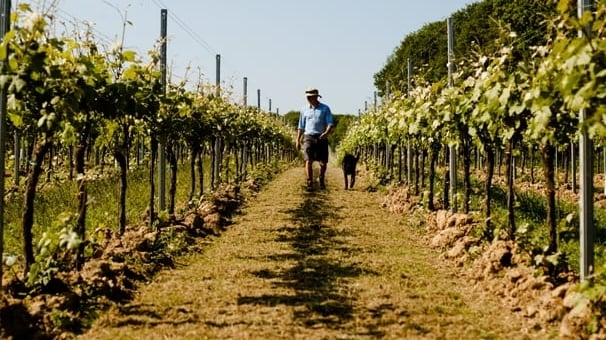
(VAN) As wildfires rage in southern Europe and crop losses only set to increase in the coming years, producers are getting creative to beat the heat.
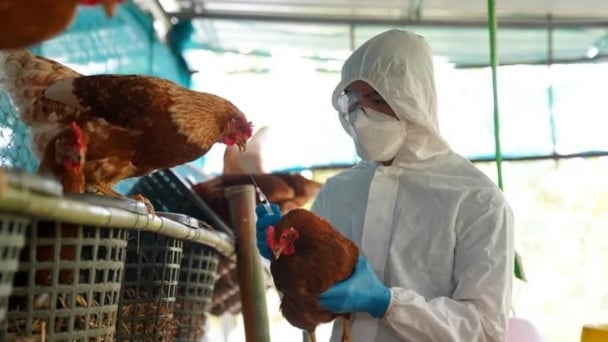
(VAN) A new outbreak of highly pathogenic avian influenza (HPAI) has been confirmed by Argentinian authorities at a layer farm in Buenos Aires, Argentina.
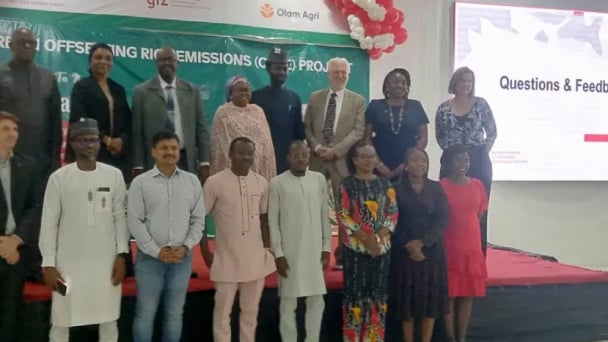
(VAN) The German Government has inaugurated the Carbon Offsetting Rice Emissions (CORE) Project to support 12,000 smallholder farmers in climate-smart rice production across Benue, Nasarawa, and Kano States.
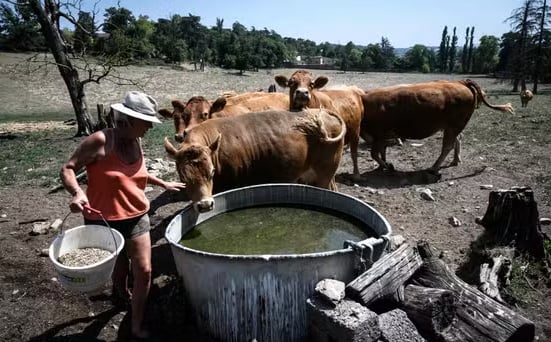
(VAN) Orchardists, winegrowers and livestock farmers fear the negative impact of the current heatwave on their production.
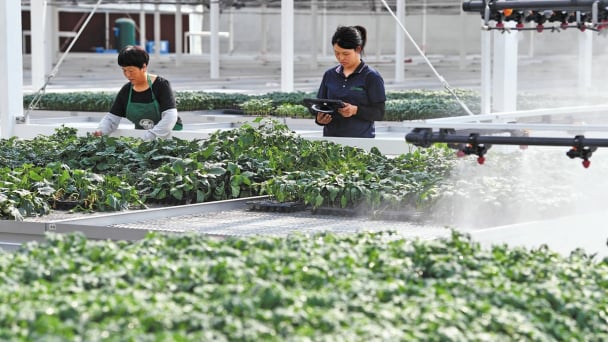
(VAN) Smart cultivation overturns traditional farming in Raoyang.